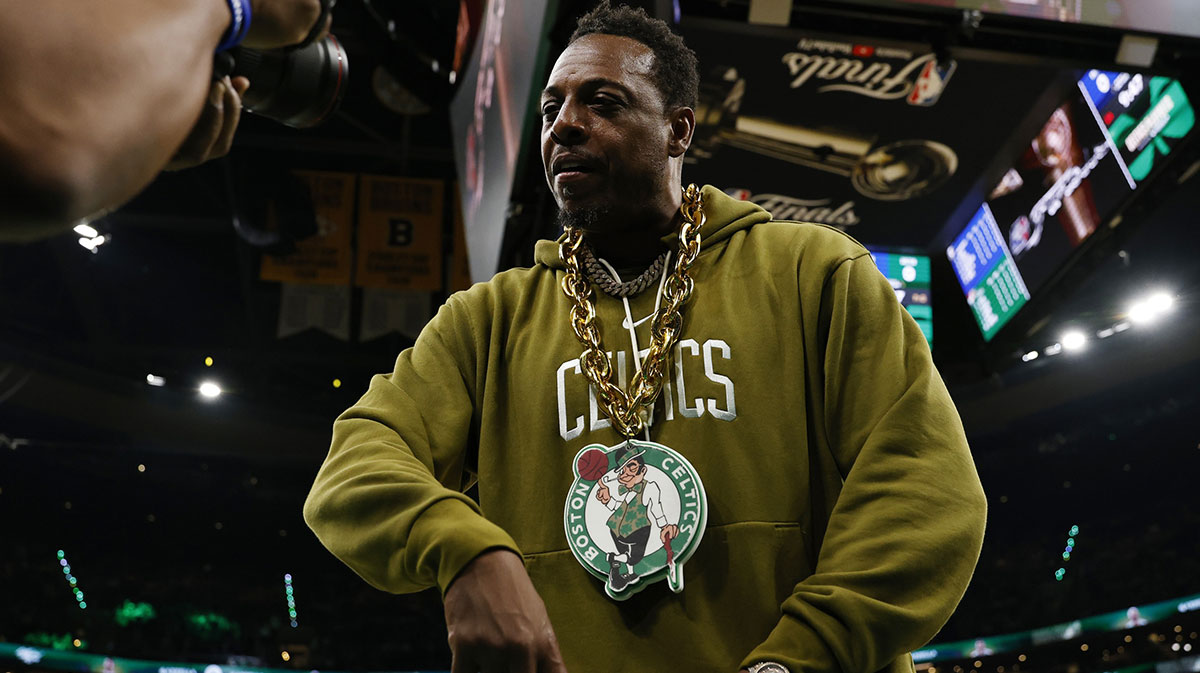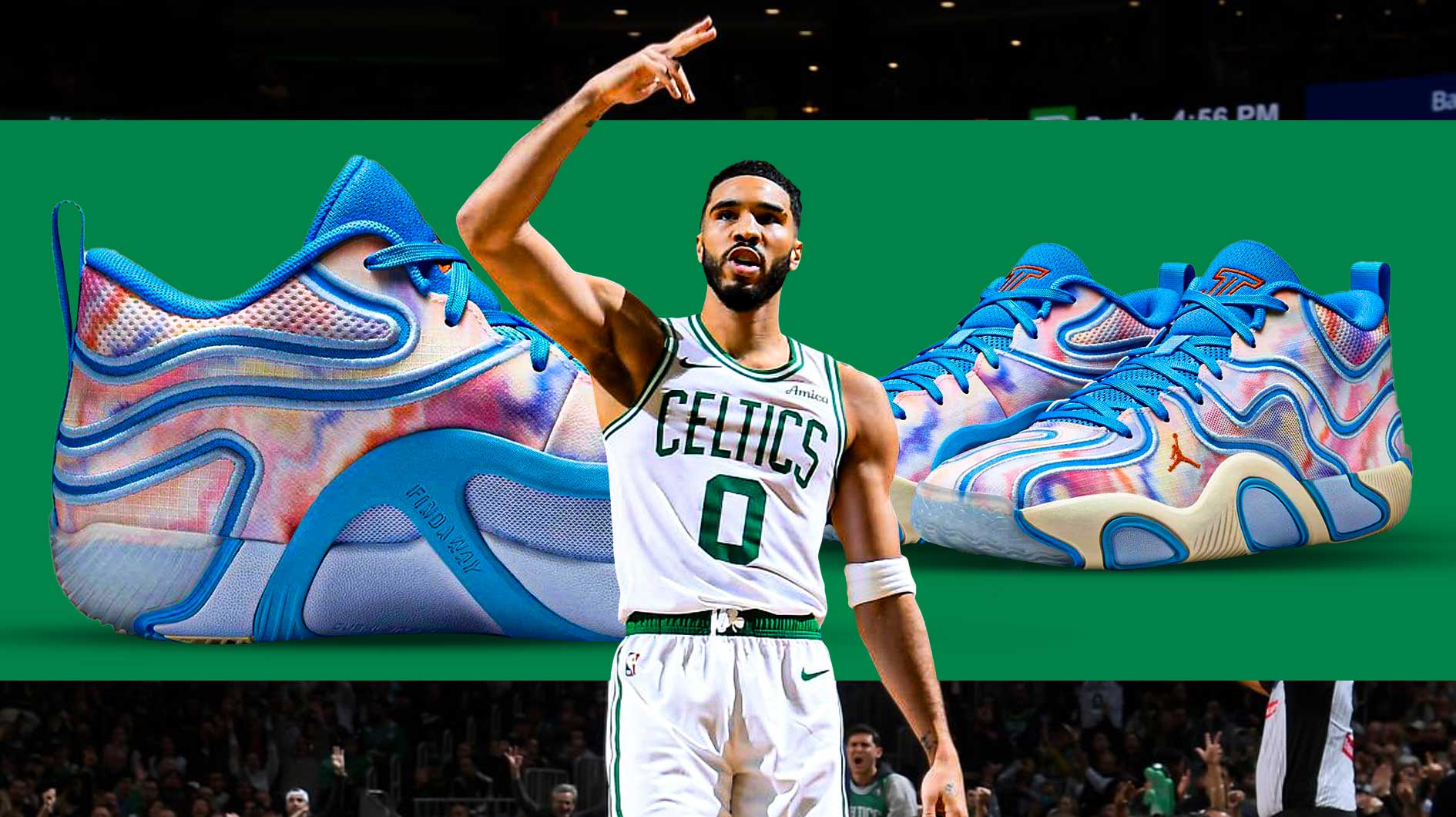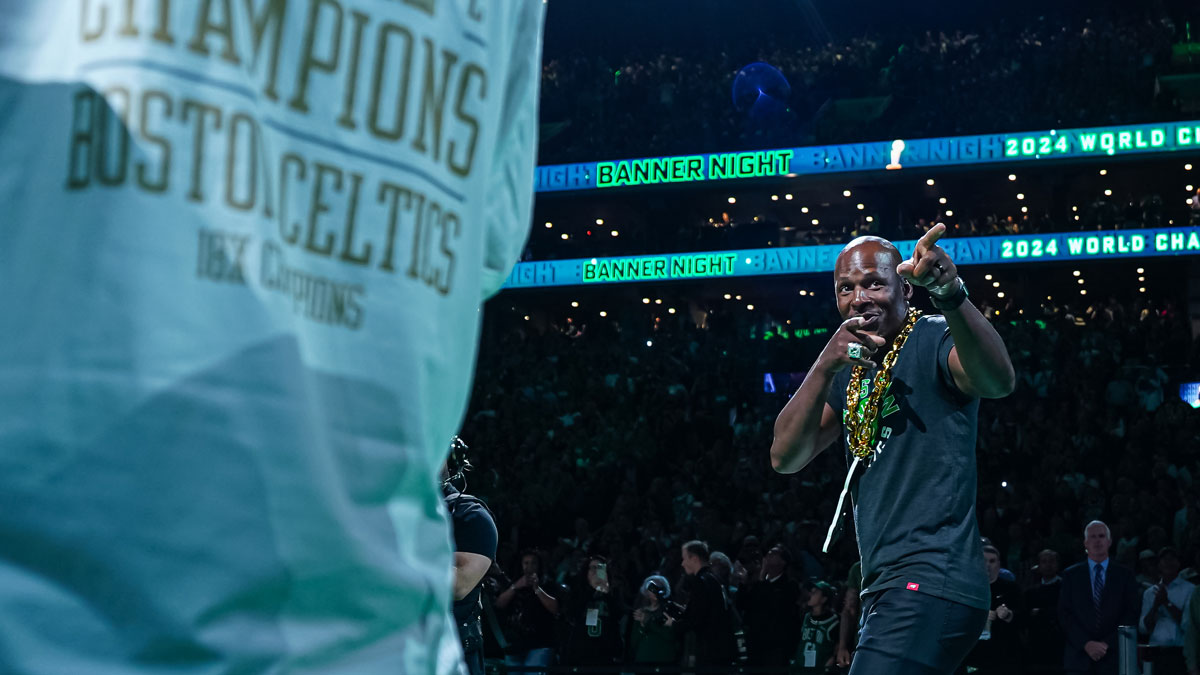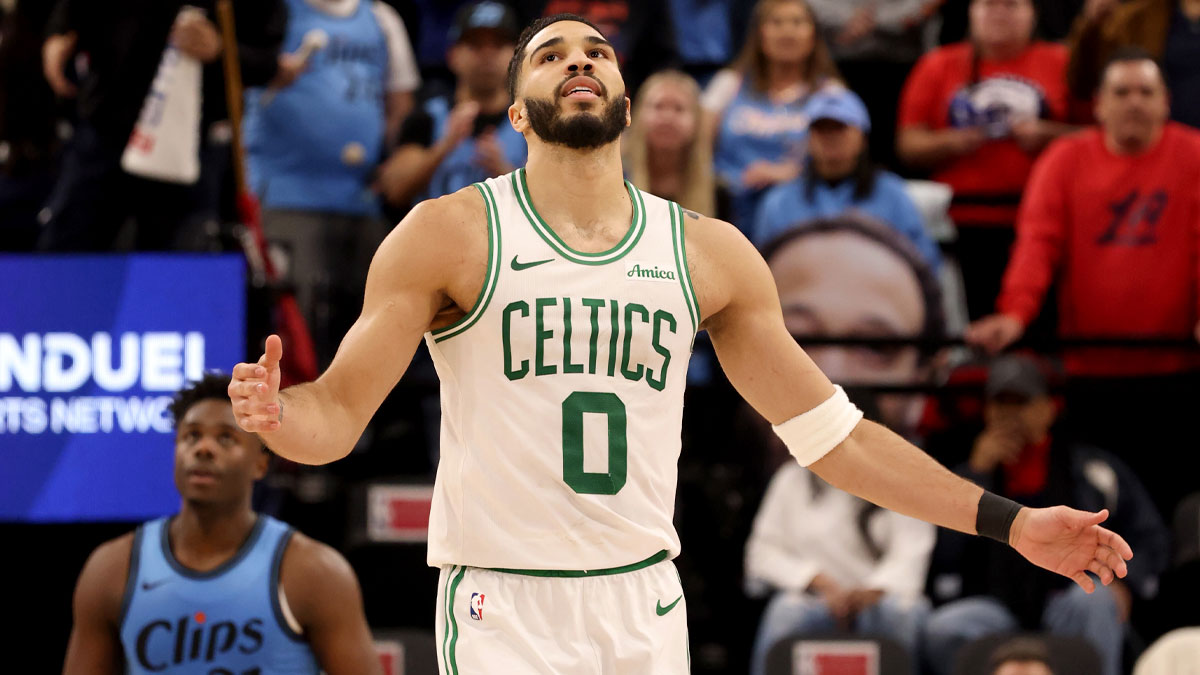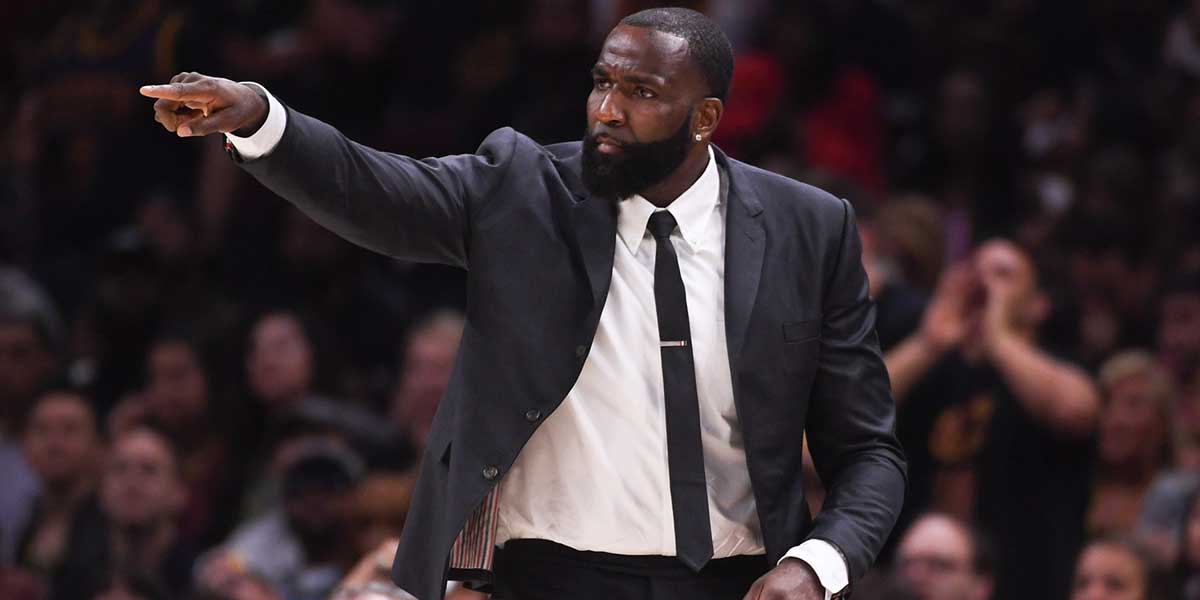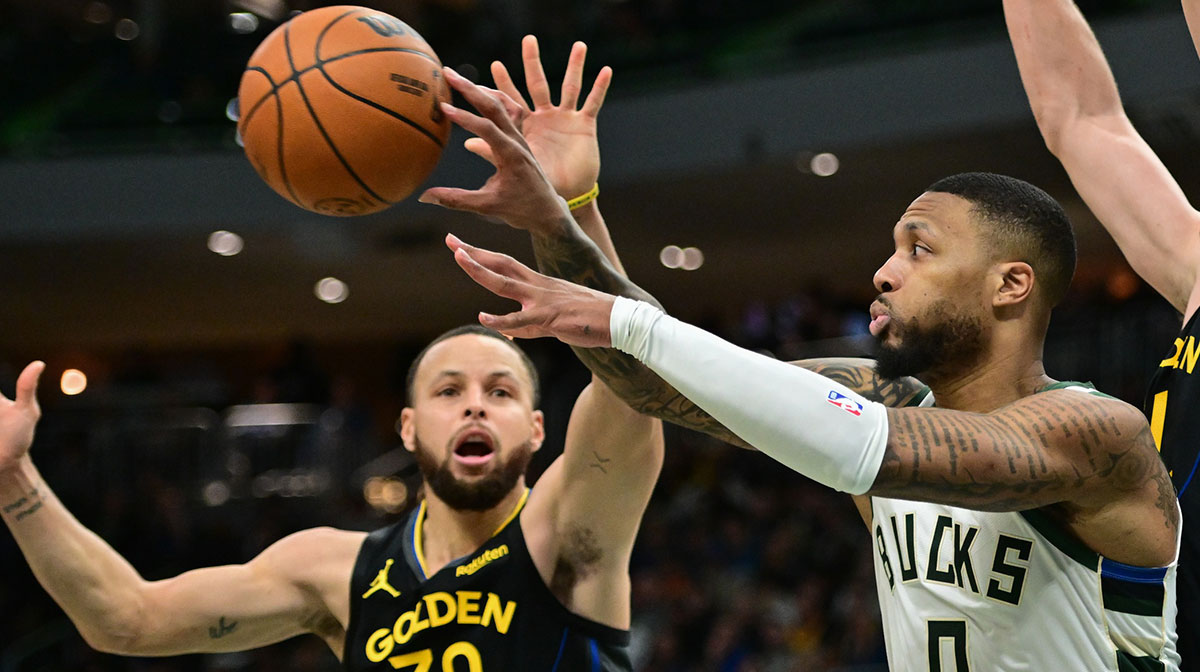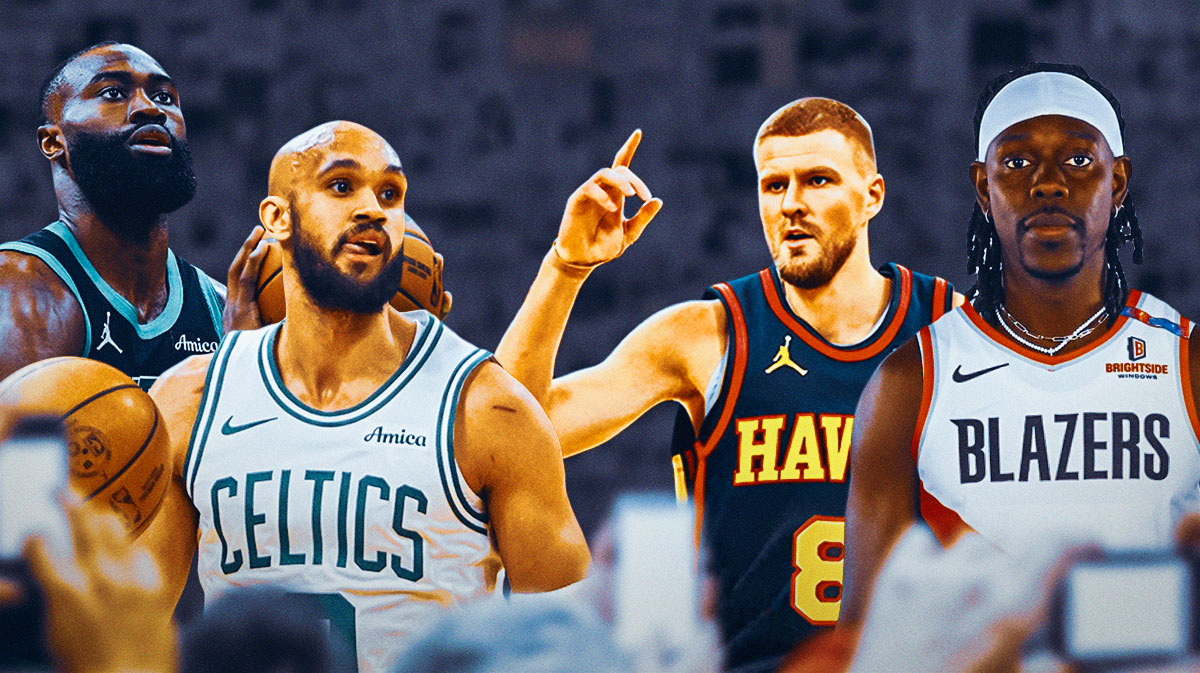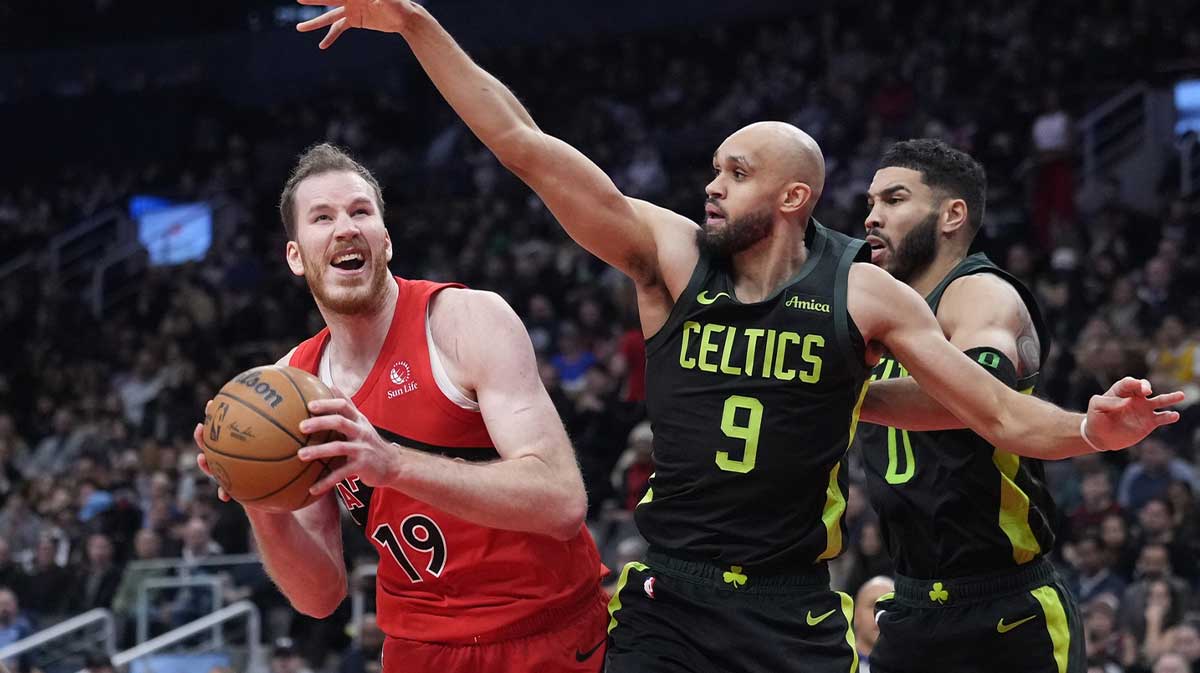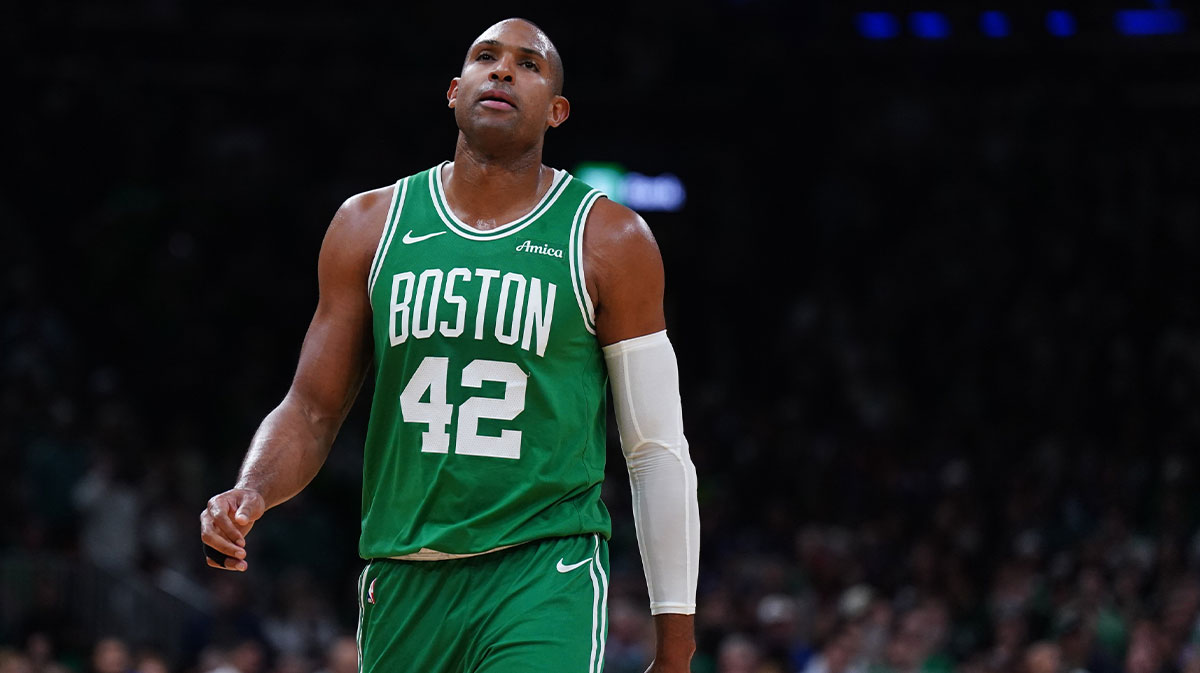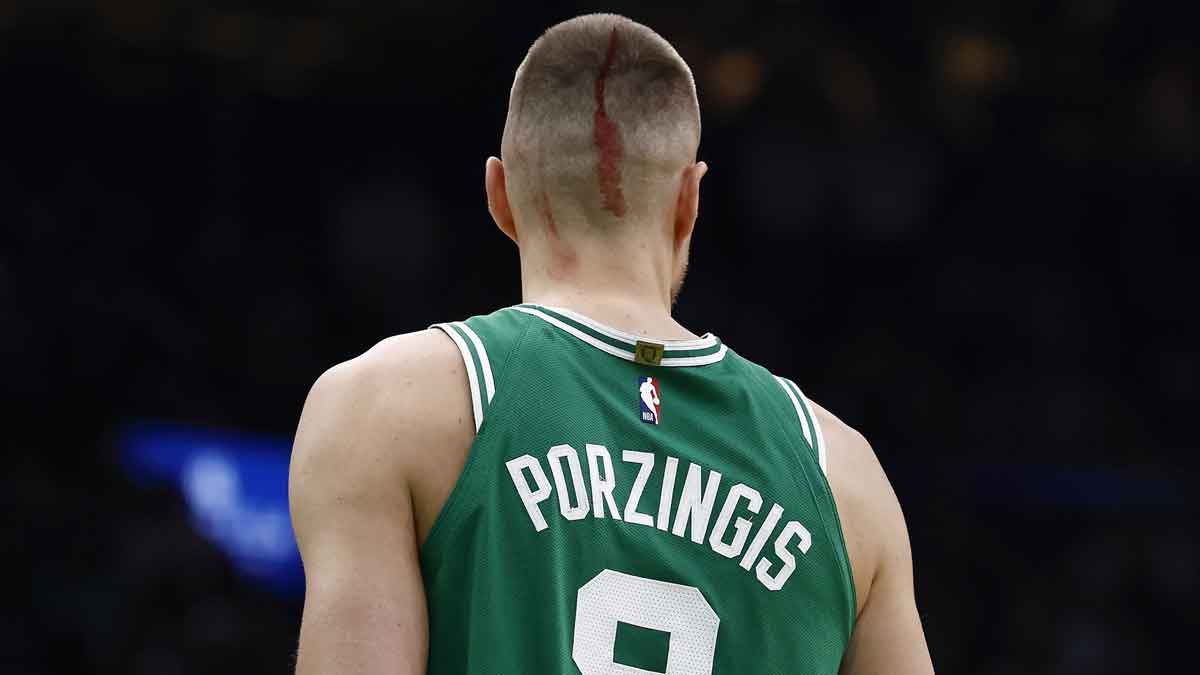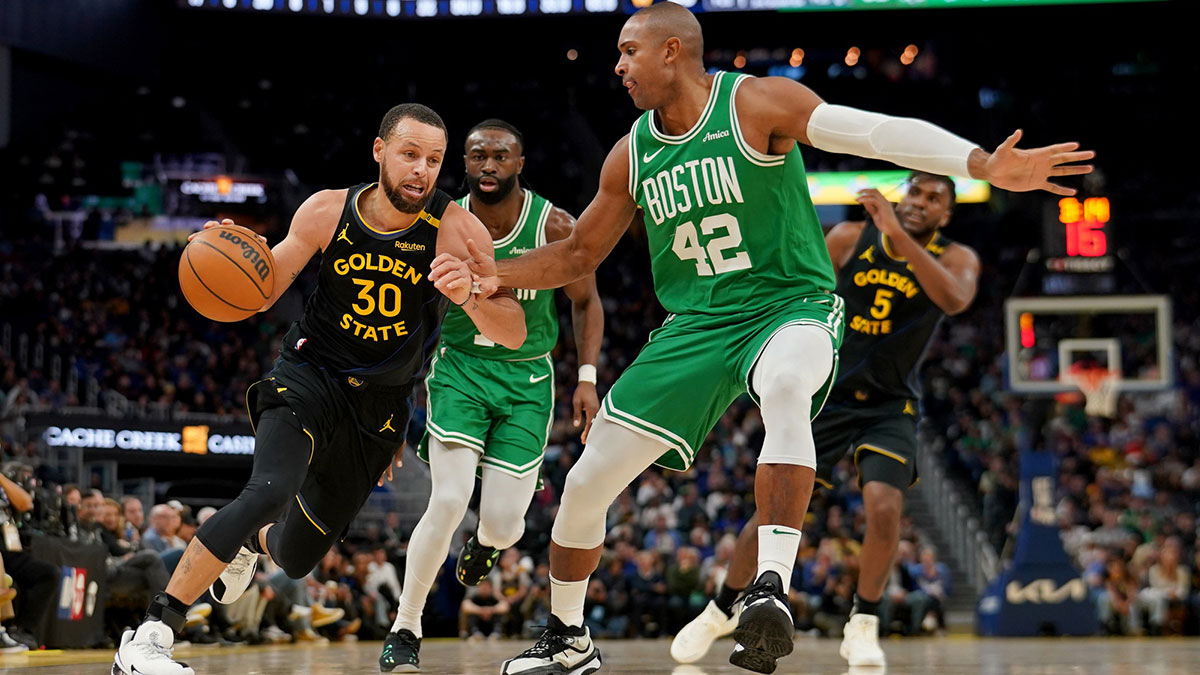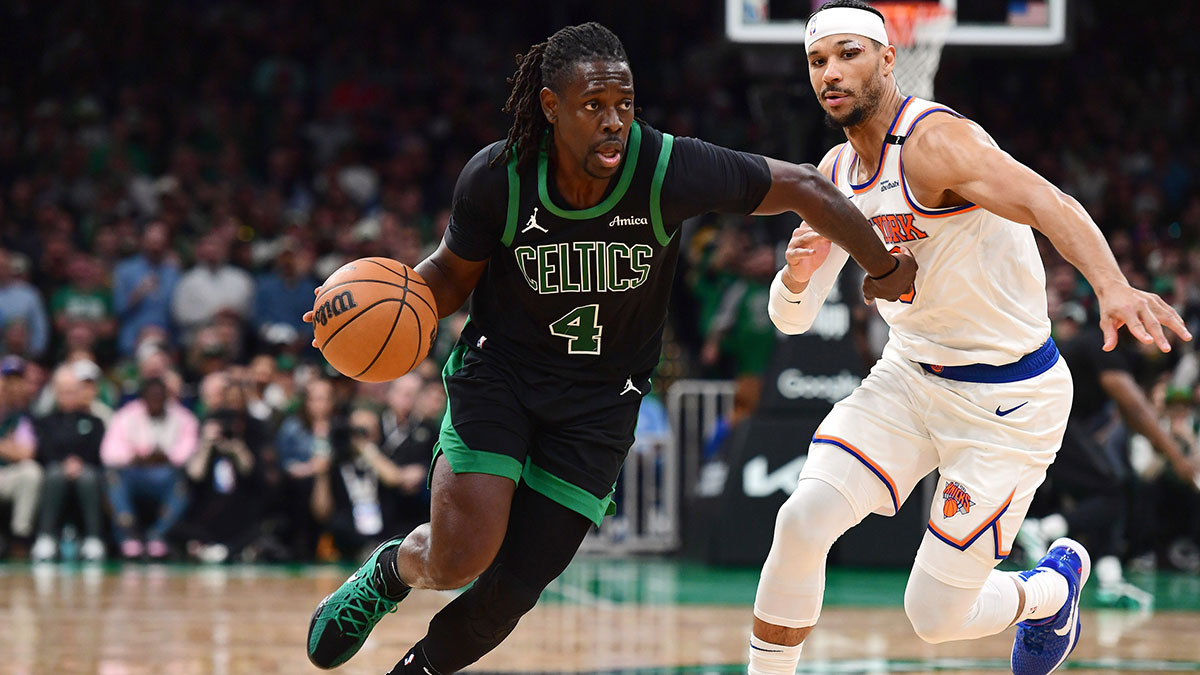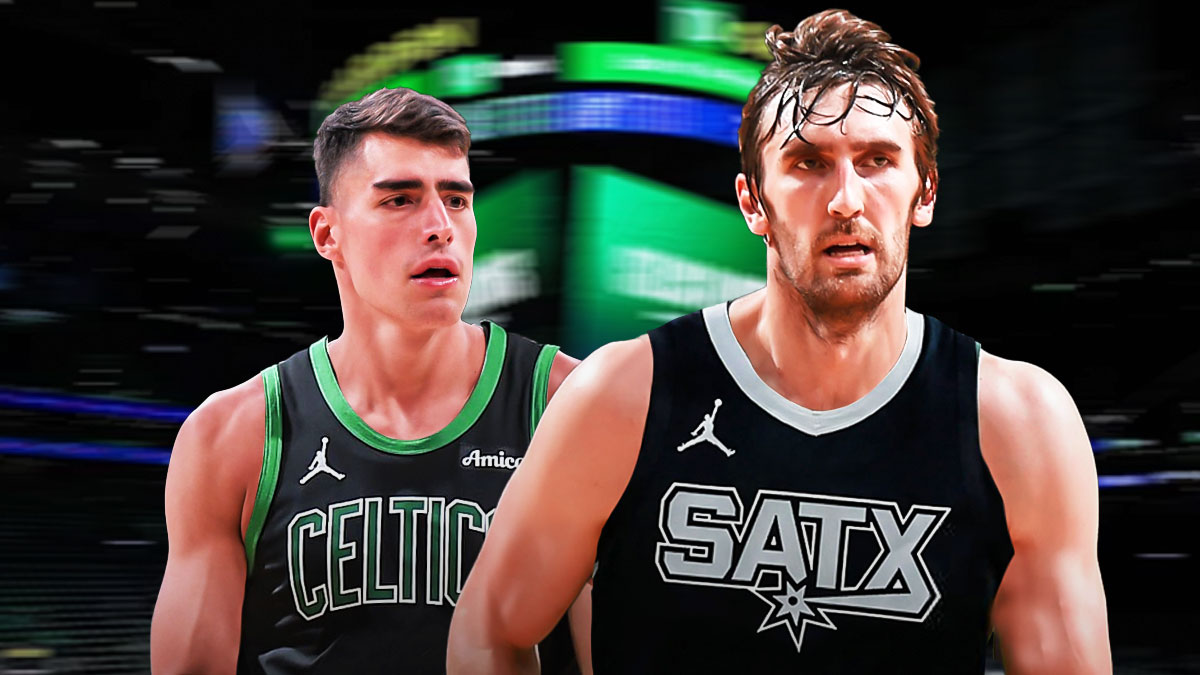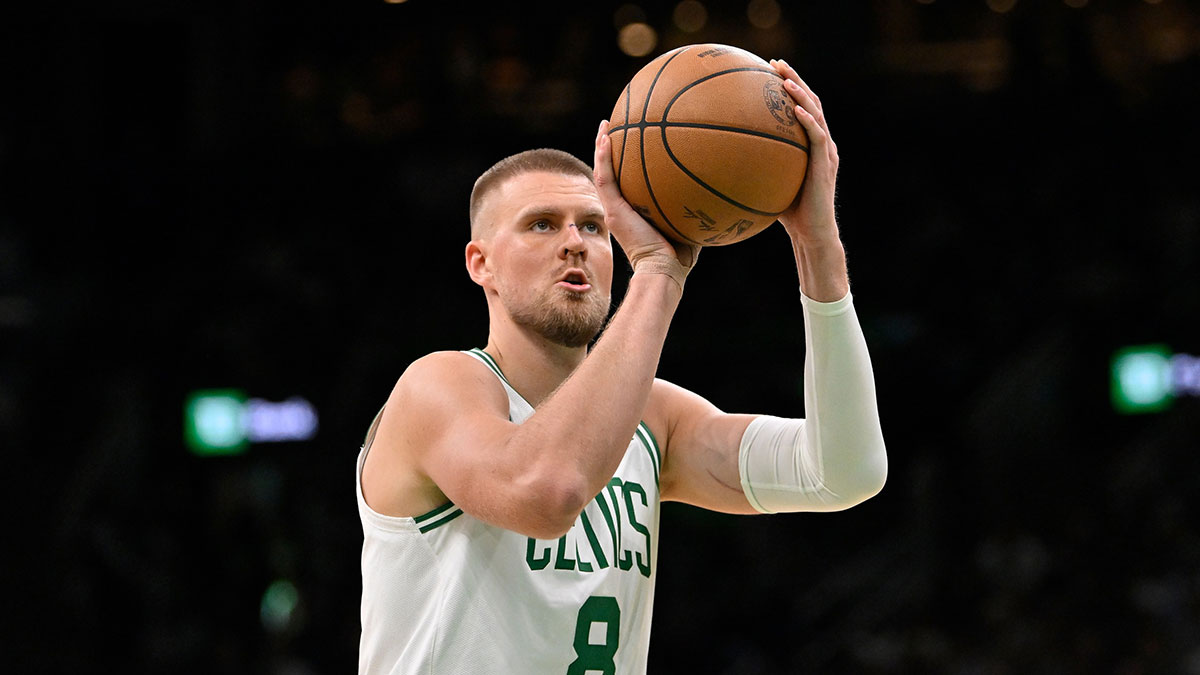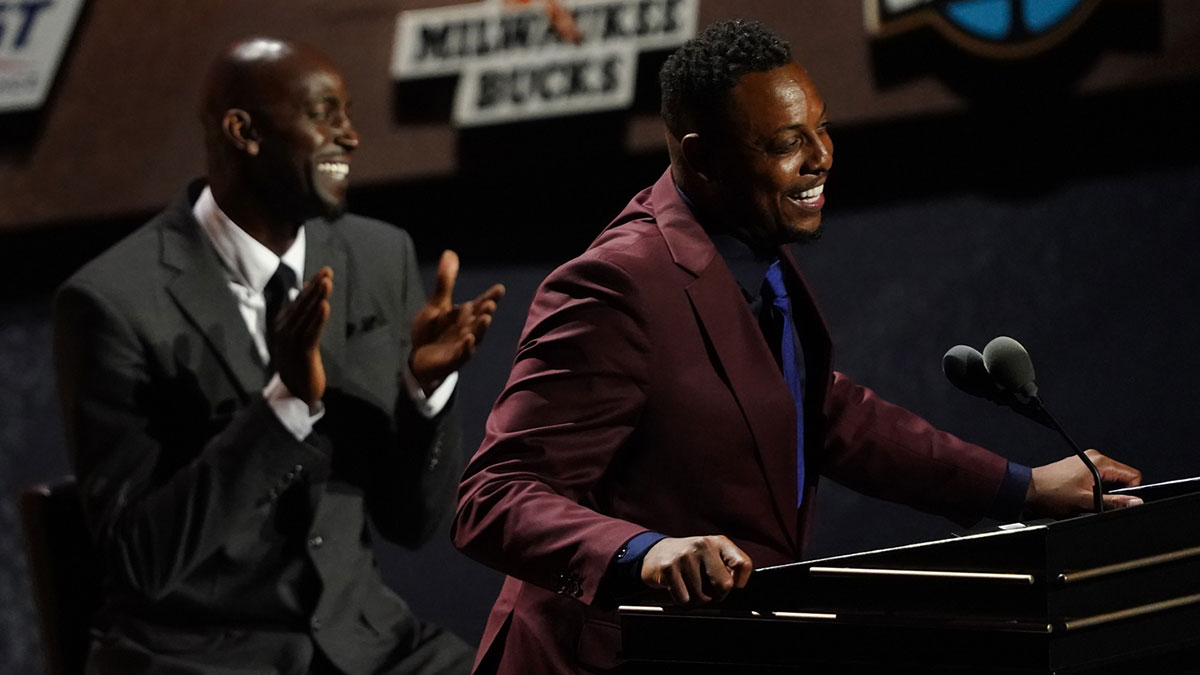With NBA free agency just a few short days away, the rumor mill is beginning to heat up. There are a slew of marquee players that could be on the move, from Kevin Durant and Kawhi Leonard to Kyrie Irving and Jimmy Butler.
Earlier last week, it appeared that one All-Star who might be staying put was Charlotte Hornets point guard Kemba Walker, as reports surfaced that Walker would be open to taking a pay cut to stay with the franchise that drafted him back in 2011.
On Thursday morning, however, ESPN NBA Insider Adrian Wojnarowski reported that the Hornets and Walker's camp had grown more distant in contract discussions, and that the Boston Celtics had emerged as the potential frontrunners to land Walker:
The Boston Celtics have emerged as the frontrunner to sign Charlotte All-Star guard Kemba Walker once free agency opens Sunday at 6 PM ET, league sources tell ESPN.
— Adrian Wojnarowski (@wojespn) June 27, 2019
Boston was already looking depleted after Al Horford declined his player option, with indications that point guard Kyrie Irving may be headed towards a deal with the Brooklyn Nets.
Should the Celtics elect to let both Marcus Morris and Terry Rozier walk as well, they will have freed up max salary cap space in order to sign Walker.
This could mark a big changing of the guard for Boston. Irving is regarded as one of the best point guards in the league, but he failed to truly relish the leadership role that was promised to him when he signed with the Celtics in the summer of 2017.
Despite putting up one of the best seasons of his career from a numbers standpoint, Irving created locker room turmoil by chastising some of the team's young core while also flip-flopping throughout the season on decisions regarding his future.
But Walker may be the better fit in Boston anyway.
Here are three reasons that adding Kemba Walker would be an improvement over Kyrie Irving for the Boston Celtics.
3. Leadership experience

Perhaps the most evident difference between Walker and Irving (as it relates to this Celtics team) is Walker's experience carrying a franchise. In fact, Kemba has been one of the preeminent “leaders” in the game since his playing days at the University of Connecticut.
Walker was a three-year player and two-year starter at UConn, leading the Huskies to one of the most improbable runs to an NCAA title in 2011. When he was drafted by the then-Charlotte Bobcats with the ninth pick in the 2011 NBA Draft, he immediately inherited a role as the marquee player on one of the more downtrodden franchises in the league.
Armed with a weak supporting cast and limited cap space over the years, Walker still managed to help guide the Hornets to a pair of playoff appearances in his eight seasons with the team, and he has blossomed into a perennial All-Star.
One of the reasons that pundits were so high on the Celtics prior to the 2018-19 season is that young players like Jayson Tatum and Jaylen Brown looked like future stars, and the team was bringing back healthy versions of Irving and Gordon Hayward.
But while the Celtics at times looked like one of the best teams in the Eastern Conference (they destroyed the Golden State Warriors a couple of times during the regular season) their apparent inability to gel as a unit impeded their potential.
Walker is the kind of player that has been through tremendous adversity for over a decade now.
When the going gets tough, he can get his club going.
2. All heart

Sure, Irving had to endure a few years on a horrendous Cleveland Cavaliers team, but he has mostly been heralded for his entire career.
He was a five-star prospect coming out of high school. He was the No. 1 overall pick in that same 2011 NBA Draft despite playing just 11 games at Duke University. And by his fourth season in the league, the return of LeBron James had made the Cavs an immediate contender in the Eastern Conference.
This was the first year that Irving was really tested in the prime of his career, and there were times where he just looked disinterested. There is no question that he has garnered a reputation as one of the best “closers” in the game, but his brooding temperament and disparaging of his younger teammates did very little to inspire confidence.
Walker, meanwhile, is one of the most fiery players in the league, and he competes every single night. Over the course of the last four seasons, Walker has missed just six games. In that same period of time, Irving was sidelined for a whopping 76 contests.
Of course, injuries happen, but for Walker to play in all 82 games of a season where the Hornets won just 39 games–they still nearly made the playoffs–says a lot about his makeup and commitment.
1. The best is yet to come

It would be easy to look at Walker's field goal and true shooting percentages and chalk him up as being an “inefficient” scorer. That is until you look at the Hornets' roster and realize that they had just four players average double figures in scoring, with Jeremy Lamb being the only other player to average over 15.0 points per game.
Defenses were totally keyed in on Walker all season long, and yet he still averaged close to 24 points per while his Effective Shooting Percentage was close to 52 percent.
Consider this: Irving had arguably the best season of his career with the Celtics, but he did so because Boston offered more scoring options and thus Irving's usage rate dropped, thereby making him more efficient. Walker ranked ninth in usage for all players that logged at least 50 appearances this season. Irving ranked 19th.
If Walker joins a team that has legitimate options like Tatum, Hayward and Brown, who is to say that he may not experience a career year as well?
He is just as capable as making plays off the dribble, and he can shoot from beyond the arc. Walker averaged nearly six assists per game this past year, but he could become an even better distributor with the Celtics.
Boston fans love players that never take a night off and stay in every single game.
They are one of the more heralded franchises in sports, and bringing Walker to Beantown after he was forced to wallow in Charlotte could ultimately be a match made in heaven.


